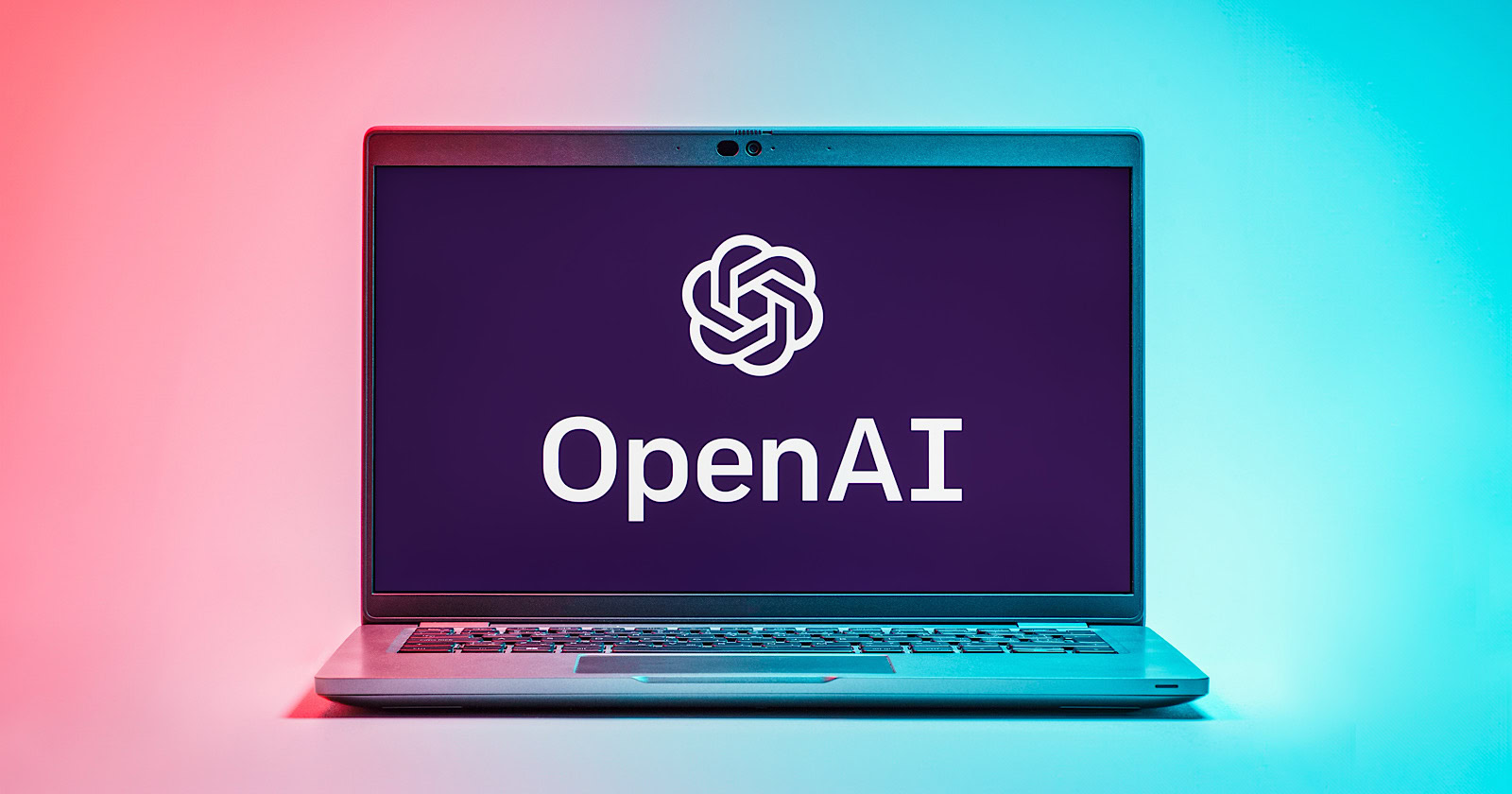
La Décision Audacieuse d'OpenAI dans le Développement de Navigateurs : un Jeu Changeant pour l'Industrie
Le recrutement récent par OpenAI de Darin Fisher, un ingénieur expérimenté de Google Chrome, marque un moment clé dans l'industrie technologique, en particulier en ce qui concerne le paysage de la navigation web. Alors que la pression monte sur Google en raison de l'examen réglementaire du ministère de la Justice américain concernant d'éventuelles pratiques monopolistiques, l'initiative d'OpenAI de développer un navigateur web concurrentiel annonce une défense stratégique contre la domination de Google. Avec l'expérience étendue de Fisher dans l'architecture et la conception de navigateurs, cette entreprise promet de changer le paradigme de la manière dont les utilisateurs interagissent avec les technologies web.
Ce recrutement n'est pas seulement un effort de recrutement mais plutôt le reflet de l'engagement d'OpenAI à améliorer l'expérience utilisateur grâce à des fonctionnalités de navigateur intelligentes. Le parcours de Fisher se caractérise par un accent mis sur des interfaces minimalistes qui privilégient la fonctionnalité, un principe qui pourrait être crucial dans la création d'un navigateur intégrant de manière transparente des capacités d'IA. La collaboration continue avec des entités telles que Conde Nast et Eventbrite indique qu'OpenAI vise à créer un navigateur polyvalent capable de répondre aux besoins spécifiques de différents secteurs, tels que le voyage et le commerce de détail.
Le potentiel des fonctionnalités pilotées par l'IA dans le nouveau navigateur est remarquable. Envisager des caractéristiques qui anticipent efficacement les besoins des utilisateurs tout en garantissant une interface simple pourrait redéfinir les attentes des utilisateurs en matière de navigation sur le web. L'approche de Fisher en matière d'architecture multiprocessus suggère qu'OpenAI pose les bases d'un navigateur qui non seulement fonctionne de manière efficace, mais s'adapte également intelligemment au comportement de l'utilisateur, rendant l'expérience de navigation plus captivante et personnalisée.
De plus, l'introduction de fonctionnalités de gestion de liens personnalisées, telles que les raccourcisseurs d'URL, pourrait améliorer considérablement la manière dont les utilisateurs partagent et accèdent au contenu en ligne. Un gestionnaire de liens courts efficace intégré au navigateur pourrait rationaliser le processus de partage de pages web, répondant ainsi aux besoins des professionnels du marketing numérique et des influenceurs des médias sociaux qui dépendent d'une communication concise et efficace pour impliquer leur public. Cette intégration pourrait finalement contribuer à un environnement plus convivial, réduisant l'encombrement et améliorant la navigation.
L'ambition d'OpenAI de pénétrer le marché des produits grand public signifie un virage vers la fourniture de solutions numériques complètes. En exploitant le raccourcissage intelligent des liens et un domaine personnalisé à des fins de branding, le navigateur peut servir d'outil stratégique pour les marketeurs, les encourageant à adopter des pratiques innovantes en matière d'engagement et de partages. Le potentiel d'un créateur de liens courts intelligent pour analyser les interactions des utilisateurs et suggérer des stratégies de partage optimales pourrait transformer la manière dont les marketeurs utilisent leurs actifs numériques.
Alors qu'OpenAI continue de se positionner comme un challenger face à la domination actuelle de Google sur le marché, les implications vont au-delà des fonctionnalités du navigateur. Les impacts plus larges sur le référencement et le marketing numérique sont indéniables, car l'intégration de fonctionnalités avancées poussera les professionnels à repenser la façon dont ils créent et gèrent leur présence en ligne. Alors que les discussions sur la technologie éthique évoluent, le développement de ce nouveau navigateur pourrait favoriser un paysage plus compétitif, promouvant l'innovation et offrant aux utilisateurs des choix améliorés dans un marché dominé par un seul acteur.
Les implications de cette initiative sont vastes et pourraient bien renforcer la visibilité et les capacités des entreprises cherchant à optimiser leurs stratégies d'engagement web. Les entreprises qui adoptent les outils et fonctionnalités découlant de ce projet de navigateur sont susceptibles de connaître des efficacités opérationnelles améliorées et des interactions utilisateur plus convaincantes.
#BitIgniter #LinksGPT #UrlExpander #UrlShortener #DigitalMarketing #WebDevelopment #SEO
Vous voulez en savoir plus : Lire la suite ici

